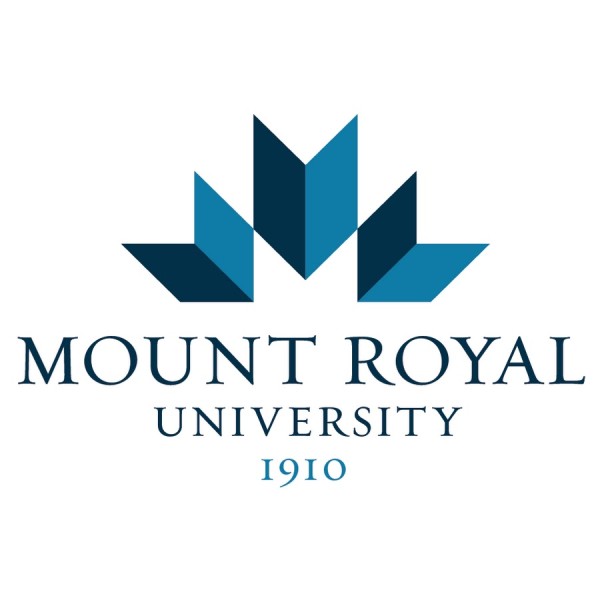Personal Hygiene
Staff must be free from open infected sores or wounds and wear clean clothing
Staff and children need to properly wash their hands:
- before eating
- before they do any food service activities including setting tables
- after playing with sand and water
- after playing outdoors
- after using the toilet
- before and diaper changes
- after playing with animals
- after any activity which leaves hands dirty or contaminated
Proper handwashing means:
a. Wet hands with warm water
b. Put soap onto the hands
c. Rub soapy hands together for at least 20 seconds. Use the time to wash the front and back of hands, up past the wrists, the thumbs, fingers and fingertips.
d. Special attention should be given to areas underneath fingernails, between fingers and wrists
e. Rinse the soap off with clean, warm, running water
f. Dry hands and arms thoroughly, using paper towels. Hot air dryers are allowed but discouraged.
g. If cloth towels are used, they can only be used once, then moved to dirty laundry. Individual cloth towels can be reused and changed daily
h. After handwashing, touching the sink or bathroom door handle will decontaminate your hands. Use a towel to turn off the taps or open the door.
Do not use hand sanitizers instead of handwashing.
Hand sanitizers do not work if hands are dirty.
Hand sanitizers are NOT acceptable during diapering or food preparation
Hand sanitizers are not appropriate for infants and toddlers.
(Alberta Health Services, 2017)
Student Illness
Call in sick to your practicum if you have symptoms of a contagious illness, such as rash, sore throat, fever, sneezing, coughing, runny nose, stomach cramps,
vomiting or diarrhea. Email practicum Instructor regarding the absence.
(Alberta Health Services, 2017)
First Aid Kit
The childcare facility must have first aid kits that are ready to use and available
(Alberta Health Services, 2017)



Post your comment on this topic.